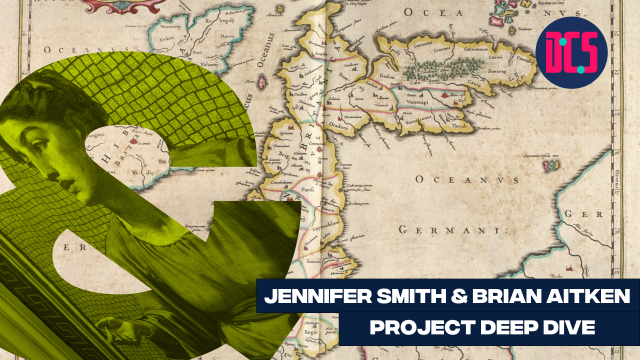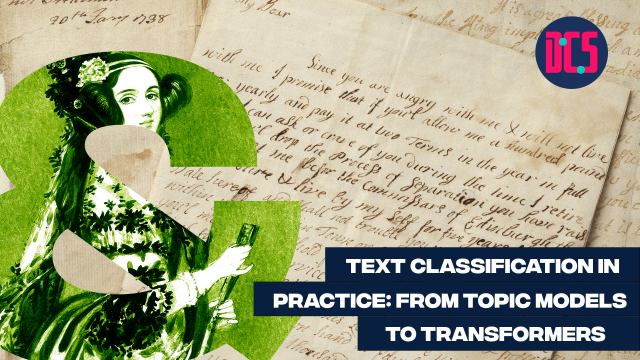Introduction to Text Analysis with Python

In Person
This two-class course is for people who have some experience coding in Python and would like to expand their capabilities to include the library Natural Language Toolkit (NLTK). Text analysis, a dynamic field within data science and linguistics, involves the systematic examination of textual data to uncover patterns, extract insights, and derive meaningful information. This process encompasses a range of techniques, from basic tasks like tokenization and stemming to more advanced methods such as sentiment analysis and named entity recognition. By leveraging tools like NLTK researchers can explore the structure and content of text, enabling a deeper understanding of language patterns and context. In this course, we are going to cover the basics of text analysis from pre-process corpora to simple analysis. If you are interested in developing further your text analysis skills, you can attend the Introduction to Topic Modelling with Bert course.
This is an intermediate-level course. You will need to already understand programming, preferably in Python. Previous knowledge of NLP is not required. It is also not required to have previous knowledge of Google Colab, although it is encouraged to set up a Google account prior to the workshops.
Those who have registered to take part will receive an email with full details on how to get ready for the course.
This course will be taught by Xan Cochran.
After taking part in this event, you may decide that you need some further help in applying what you have learnt to your research. If so, you can book a Data Surgery meeting with one of our training fellows.
More details about Data Surgeries.
If you’re new to this training event format, or to CDCS training events in general, read more on what to expect from CDCS training. Here you will also find details of our cancellation and no-show policy, which applies to this event.
If you're interested in other training on text analysis, have a look at the following:
- Silent Disco: Introduction to Text Analysis
- Silent Disco: Sentiment Analysis
- Introduction to Topic Modelling with Bert
Return to the Training Homepage to see other available events.
Digital Scholarship Centre
Digital Scholarship Centre, 6th floor
Main Library
University of Edinburgh
Edinburgh EH8 9LJ












